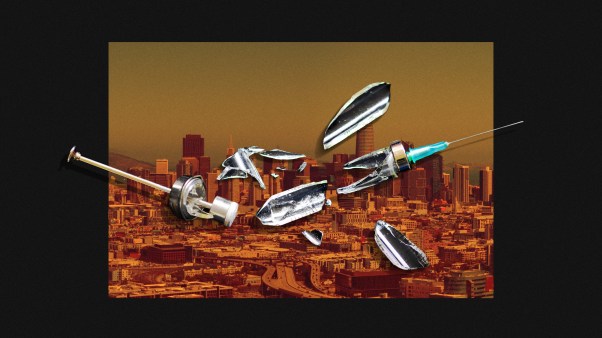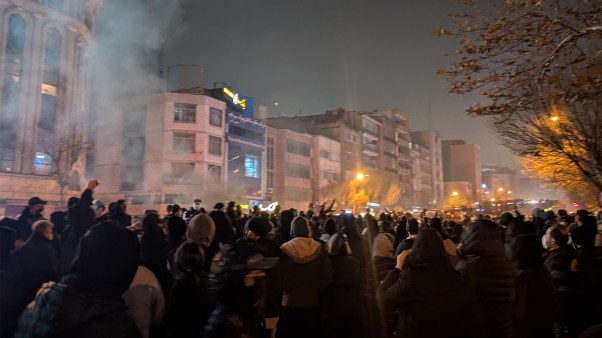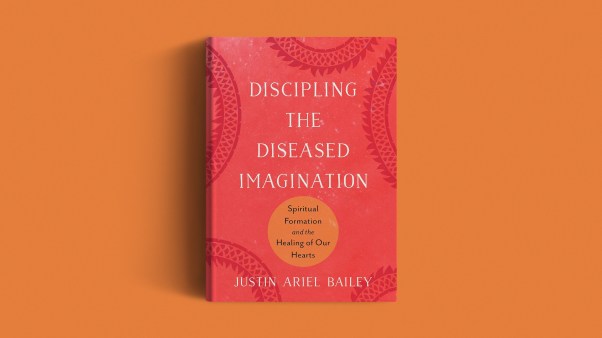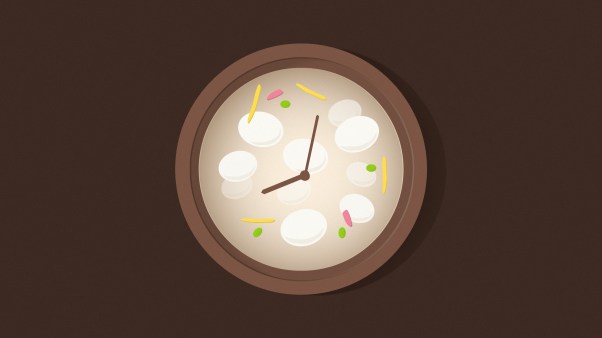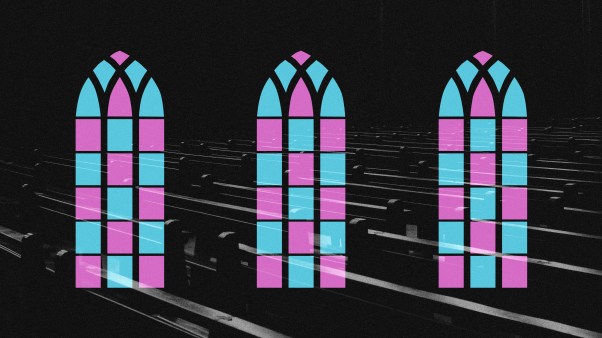| • |
The debate over the meaning of the hurricane started when it became clear that federal, state, and local officials were having trouble responding to the disaster.
Democrats said the hurricane revealed inept leadership and bias against the poor. Republicans said government failures showed that the private sector could do a better job.
Muslim militants said it was Allah’s judgment. Louis Farrakhan trumpeted a Black Muslim view that Katrina was judgment for the Iraq War. Ovadia Yosef, a leading Orthodox Jewish rabbi in Israel, said the hurricane was punishment for U.S. leaders forcing Israel out of the Gaza Strip.
Christians were, for the most part, temperate in their remarks. But many couldn’t help speculating. Two small groups, Columbia Christians for Life and Repent America, said Katrina was punishment for America’s tolerance of abortion. In Biloxi, long-time resident George Jimenez saw in the hurricane a warning to the U.S. government. “God is trying to teach people something,” the 73-year-old Mississippian told CT. “God is still in charge. Washington wants to take God out of the pledge, but God tells them he is in charge.”
Gulf residents dealt with the meaning of the hurricane in their own terms. Their conversations revealed a mixture of personal assurance of God’s sovereignty and love, as well as political, racial, and economic concerns.
Some in New Orleans took Katrina as a personal message of judgment. Paul Best, a casino worker, saw Katrina as judgment on him and his city. “When I saw the black water come on my front yard, I started thinking about my life.” Best knew that the levees had broken and that disaster was coming quick. “I have lived here all my life, and this [black water] is a symbol of New Orleans, I thought. It is a city of spiritual darkness.”
The New Orleans native recalled how in the Ninth Ward that summer, a gang of kids had gruesomely murdered a deaf child. He recounted other bad things that happened that year to show how New Orleans had lost faith in God and itself. Best recalled his own work at Harrah’s.
“I felt so guilty when one of the customers said he lost 30 percent of his paycheck each week.” For Best, Katrina taught him that New Orleans’ open vice was a nail in its coffin and a fate that he wanted to avoid.
Copyright © 2005 Christianity Today. Click for reprint information.
Related Elsewhere:
This is a sidebar to today’s main story, “Hurricane Heroes | Government may have been tripped up by Katrina and Rita, but the Southern Baptists, among others, are standing tall.”
See also today’s other sidebar, “Inside CT: Be the Change | How Christianity Today covered a busy hurricane season before Wilma.”
More Christianity Today coverage of hurricanes Katrina and Rita and their aftermath is at our full coverage area.




